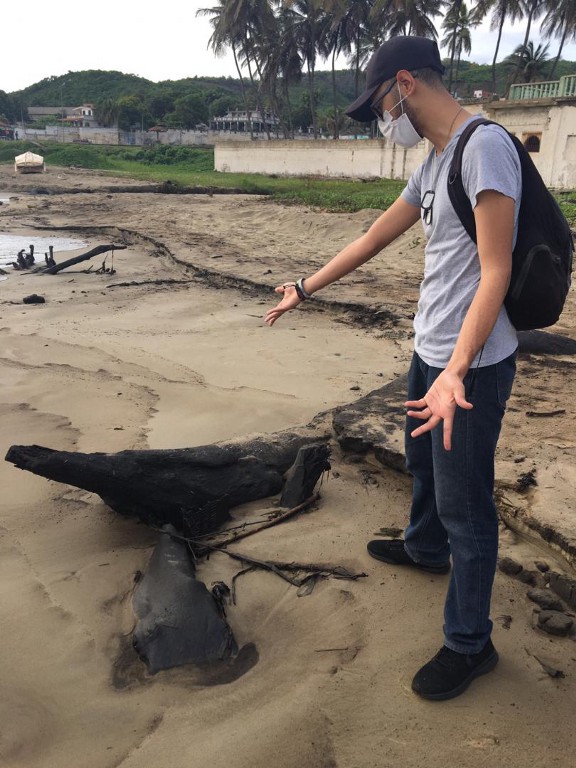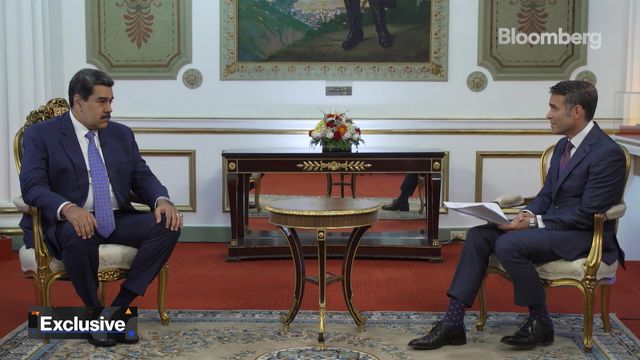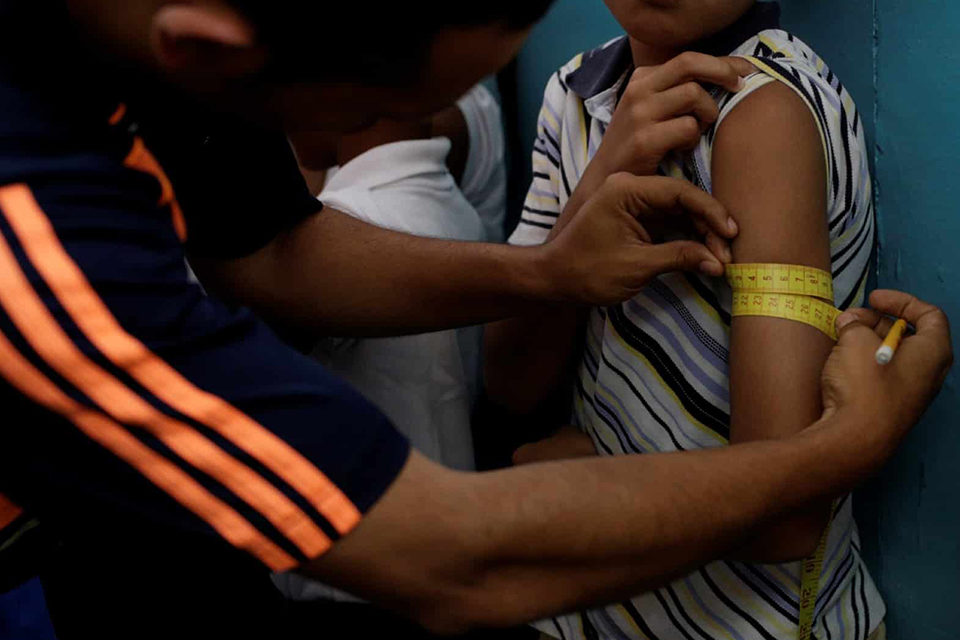“Man is the only animal that trips twice over the same stone”. The Venezuelan political regime -which has been in power for over 20 years- has proven that this saying is not entirely true, because despite the fact that its policy of price regulation has done nothing but cause shortage and hyperinflation through the years, far from rectifying, it has decided to carry on down the same path in the midst of a pandemic, disregarding the possible consequences and ignoring the claims of international organizations that warn about the risk of famine in Venezuela.
The new attack against the unstable national private sector started on April 24, when Vice-President Delcy Rodríguez announced that officers from the National Superintendence for the Defense of Economic Rights (Sundde) and the National Superintendence for Food Management (Sunagro), would supervise the sale of products produced by Polar Enterprises, Plumrose and the Turmero Slaughterhouse.
“We have taken actions, instructed by President Nicolás Maduro, to narrow down the speculative indicators of minority sectors that pretend to affect the people”, stated the official, who also announced the 180-day intervention of the facilities of the Oleaginoso Portuguesa Consortium (Coposa).
Days later, the Ministry of Domestic Trade published the list of “agreed prices” for 27 products of the basic basket, the majority of which have prices fluctuating around 100,000 Bolivars. However, the minimum wage of 800,000 Bolivars announced by the Government on May 1st is clearly not enough to acquire all the products. The Center of Documentation and Analysis for Workers (Cenda) estimated that, by March, a family required more than 19 million Bolivars to cover their basic needs.
Agreed by whom?
The chances of the country suffering a shortage similar to the one it already went through between 2014 and 2018 have increased because of this governmental decision, after one of the affected companies, Polar, denied having agreed to any of its prices.
“The company has not agreed to prices for its products, since that would render its operations unfeasible, risking the supply of the food it produces and the preservation of the source of employment”, stated the main private industrial conglomerate of the country, warning that the return of price regulations “will not solve the economic problems” of Venezuela and that, on the contrary, it will only cause “a limited offer of products in the market and the financial unworkability of many companies”.
This economic policy applied by the Government for over ten years, based on price regulations and expropriation of companies, goes against what article 112 of the Constitution establishes:
“The State shall promote private initiative, guaranteeing the creation and fair distribution of wealth, as well as the production of goods and services that meet the needs of the populace, freedom of work, enterprise, commerce, industry, without prejudice to the power of the State to promulgate measures to plan, rationalize and regulate the economy and promote the overall development of the country.”
Looking back
The model applied by the Venezuelan regime has not served to propel the national economy and the indicators show it. During the 80’s, Venezuela had a Gross Domestic Product (GDP) per capita similar to that of Norway and was considered Latin America’s richest country, but by 2017, over 80% of its people lived in poverty, according to data of the UK’s Institute of Race and to the Living Conditions Survey (Encovi).
Another number that shows how wrongful the path taken by the authorities in farming production has been is that, by 2010, the Government assured that it had distributed 5.5 and 7.5 million hectares amongst small and medium producers, out of the 27 million used for crops, which represented 20% of Venezuela’s productive farming lands. Nevertheless, this has not resulted in an increase of food production. According to the Venezuelan Program of Education-Action in Human Rights (Provea), the production of corn, rice, sorghum, sugar, potatoes, tomatoes and onions drastically decreased between 2007 and 2011. During the same period, there was also an important reduction in food imports, because of the fall of production and oil prices.
Acceso a la Justicia would like to point out that pricing control has been in place in the country since 2003, and, far from solving the problem of the rise of basic products, it has contributed to leading the country into the hyperinflation it has been plunged in since 2017.
And how does this affect you, Venezuelan citizen?
Far from solving the food problem, the Government’s decision to dig out price regulations to fight inflation and speculation right in the midst of the COVID-19 pandemic will make it worse. That is what the country’s recent history has shown.
Hours before the measures against the private sector were announced, the United Nations World Food Programme had included Venezuela among the five countries most at risk from famine. In 2019, the organization had warned that almost a third of the Venezuelan population (32.3%) was food insecure and 2.3 million people (7.9%) were in a severe situation.
Translated by: Karen Hoogesteyn




